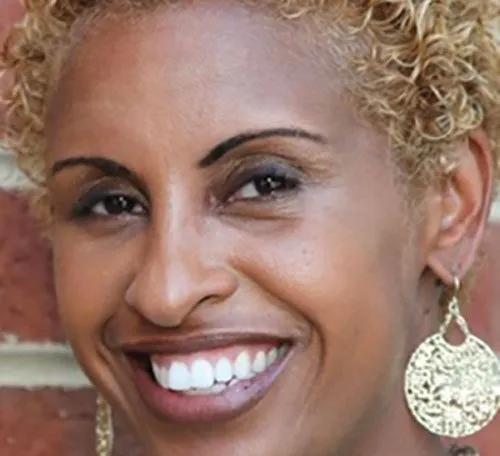Related

Henrico’s Board of Zoning Appeals denies data center company’s appeal for Varina site
The Henrico Board of Zoning Appeals Thursday ruled that Centra Logistics does not have a vested right to build a data center on Darbytown Road in Varina, upholding the same decision made in December by Henrico Planning Director Joe Emerson. The BZA’s unanimous decision came after a mixed batch
Click here to read more
Florida man faces 11 hit-and-run counts, 63 other charges in interstate rampage through Henrico, 4 other localities
A 34-year-old homeless man from Florida is facing more than six dozen charges in connection with a series of hit-and-run crashes Virginia State Police allege he caused during about four hours Feb. 14 along Interstate 95 North in Henrico County and four other Central Virginia localities. Garrett Ryan Sulli is
Click here to read more
Henrico Black History Month Spotlight – Helen Winfree (Peyton) Wallace
In honor of February as Black History Month, the Henrico Citizen will spotlight (on each weekday during the month) an important current or former Black resident of Henrico whose life has helped shape the county. Educator Helen Winfree (Peyton) Wallace spent a decades-long career helping to shape generations of Richmond-area
Click here to read more
Pedestrian struck and killed in Eastern Henrico
A 43-year-old man was struck and killed by a truck Feb. 25 while apparently walking in the middle of Nine Mile Road, according to Henrico Police. The victim, Torianno Lakeith Callahan, was struck at about 9:20 p.m. near Masonic Lane. A caller had called 911 moments before the
Click here to read more
